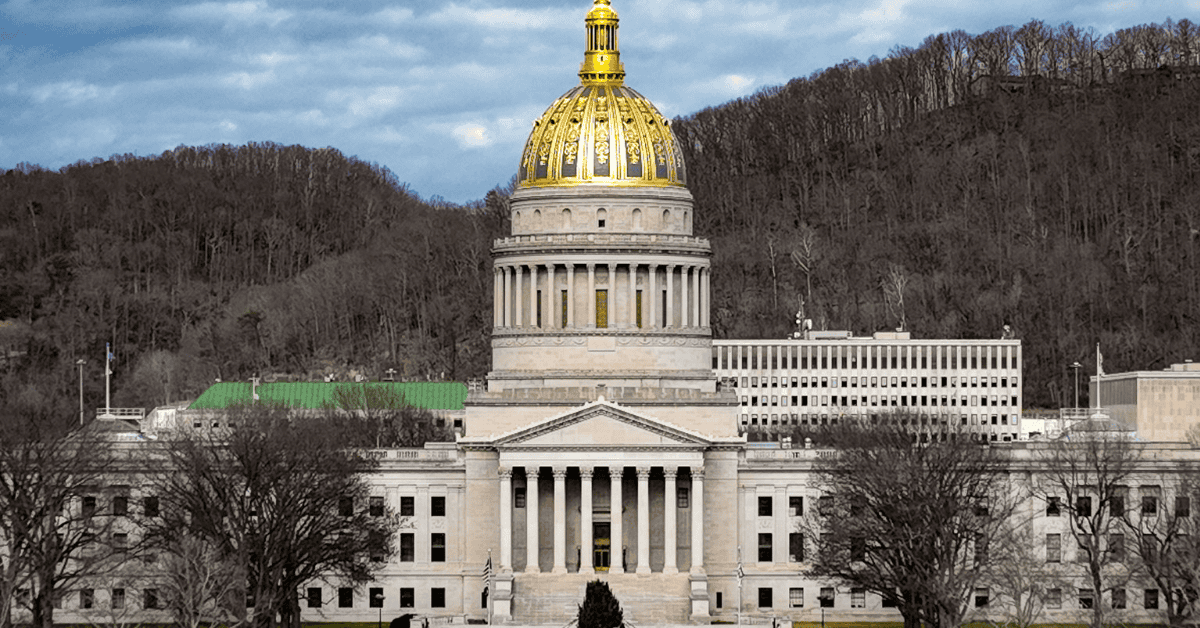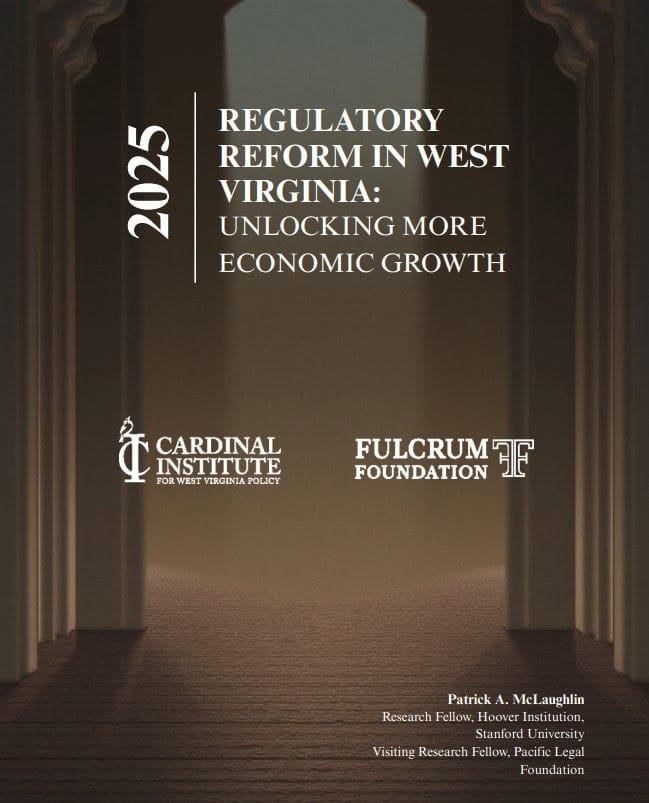
West Virginia 2024 Special Session Recap
Governor Justice Calls a Special Session
On September 30, Governor Jim Justice called the legislature to convene for a special session. The initial call had 27 items for lawmakers to address. The call was then amended twice, bringing items of business up to 40.
Supplemental appropriations to a wide variety of agencies and associated services accounted for 25 of the items on the call. Five items on the call related to the spending authority of agencies. The remaining ten were related to policy matters.
Supplemental Appropriations and the West Virginia Budgetary Process
To begin, supplemental appropriations are a routine part of the budgeting process for the fiscal year. During the regularly scheduled legislative session, our lawmakers take a conservative approach to approving the budget. Part of that is an information problem – they’re making decisions for the next fiscal year based on fundamentally incomplete information about the state’s finances due to the nature of time and revenue collections.
As such, they collaborate, focus on the core appropriations requested from agencies across the state, and prioritize essential functions. Later, once full revenues are collected for the year, the governor can exercise his prerogative to call the legislature back for a special session. Here, based on the specifics of the call, the legislature can fulfill requests that were left on the cutting room floor during the regular session.
Additional Policies Covered During Special Session
While the supplemental appropriations made up much of the special session itinerary, the legislature also took up a couple of substantial policy issues relevant to everyday West Virginians: personal income tax reduction, and child and dependent care tax credits.
Headlines focused on the additional 2% reduction in personal income tax rates negotiated by the House, Senate, and Executive branches. This additional reduction beyond the 4% cut comes from the revenue trigger in the 2023 tax cut bill and reductions in base spending elsewhere in government.
Legislators Made Adjustments to the Revenue Trigger for the Income Tax Cuts
A feature less touted in special session coverage is a change in the implementation of the revenue trigger. When legislators passed the big tax reform bill in 2023, they designed the revenue trigger so that on August 15, 2024, and every August 15 thereafter, the Secretary of Revenue would determine if the prior fiscal year’s revenue collections surpassed the inflation-adjusted base-year revenues. If a surplus existed, the revenue trigger initiated an additional income tax reduction for the fiscal year that would already be briefly underway.
The income tax bill passed during the special session, SB 2033, changes the operation of the revenue trigger starting August 15, 2025. Once again, policymakers will compare the final revenue numbers from the previous fiscal year to the inflation-adjusted base-year revenues as before. However subsequent income tax rate reductions, if applicable, will apply to the second taxable year. Put more concretely, if revenue collections for the fiscal year July 1, 2024, to June 30, 2025, come up rosy in August 2025, it won’t be until 2027 when taxpayers begin seeing the additional personal income tax reductions.
I like seeing more money in my pockets sooner as much as the next person. But I respect the prudence and deliberate cadence the legislature is taking on additional income tax reductions. This pathway provides more surety to revenue forecasts, reduces the moving parts year over year for the legislature in the budgeting process, allows all parties more time to adjust properly to changing economic conditions, and mitigates possibilities that West Virginia might be doing “too much, too fast” and putting the state in a precarious fiscal situation.
Childcare Discussion During Special Session
Over the summer, statewide discussions about childcare for working families in West Virginia captured a lot of oxygen. Many may still argue that state legislators should do more on that front. However, the legislature took one action to help alleviate some of the financial concerns. They created a new state child and dependent care tax credit. Specifically, this new credit provides 50% of the amount of the same federal tax credit against personal income taxes. While helpful for some when tax season rolls around, people should recognize this effort as one piece in solving the puzzle of available and affordable childcare.








